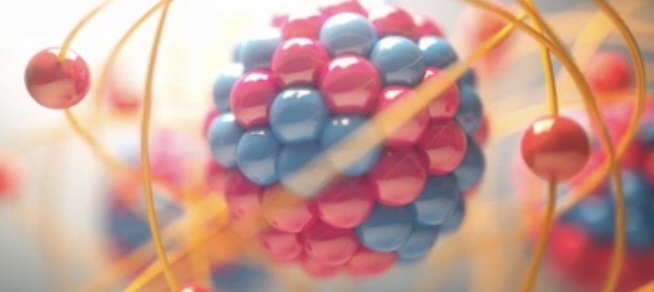
ANSTO (Australian Nuclear Science and Technology Organisation) has renewed its MoU with the Japan Proton Accelerator Research Complex (J-PARC) to bolster cooperation in neutron science and technology.
This renewed agreement will mean the development of neutron scattering science will be expanded.
According to ANSTO’s Australian Centre for Neutron Scattering, “neutron scattering is a technique used to find answers to fundamental questions about the structure and composition of materials used in medicine, mining, transportation, building, engineering, food processing and scientific research.”
J-PARC is operated by the High Energy Accelerator Research Organisation (KEK) and Japan Atomic Energy Agency (JAEA). The new MoU will also include the Comprehensive Research Organization for Science and Society (CROSS).
“We have strong links with our associates in Japan and this agreement will further enhance productive collaborations to benefit both Australia, Japan and the world,” ANSTO CEO Shaun Jenkinson said.
The signing took place early in the year and a celebratory workshop was held in late July.
The celebratory workshop explored areas of possible cooperation and included presentations from organisational representatives, including ANSTO Australian Centre for Neutron Scattering leader, Dr Jamie Schulz.
The renewed agreement establishes a comprehensive framework for research collaboration using neutron scattering science at the respective facilities. It encompasses an exchange of scientists, engineers and other specialists to participate in experiments and research and development activities.
The areas of collaboration focus on a wide range of techniques using neutrons, which can be complemented by deuteration, available from the comprehensive suite of neutron scattering instruments at ANSTO and J-PARC.
Under the agreement, the participating organisations can provide and exchange samples, materials, and equipment, as well as exchange information and data on scientific and technical activities directly or through seminars, workshops and meetings.
The previous five-year agreement enabled productive collaborations using deuteration and neutron instruments in studies of welding defects, the development of a new deuteration methods for ionic liquids, and investigations of the dynamics of rubber tyre materials, among others.
The new MoU includes plans for a series of science and technology workshops on the use of neutron instruments for the characterisation of material structure and dynamic phenomena, as well as the use of neutron-based ancillary techniques and tools.
The workshops will be held virtually over the next months. Prof Hiroyuki Aoki of JAEA, Dr Masato Matsuura of CROSS, and Dr Nicolas de Souza of ANSTO, are organising them, with contributions from neutron and deuteration scientists at ANSTO and J-PARC.
“The fact that our workshops will be online because of COVID-19 restrictions, opens up the possibility of more people taking part,” senior instrument scientist Dr Nicolas de Souza said.





















